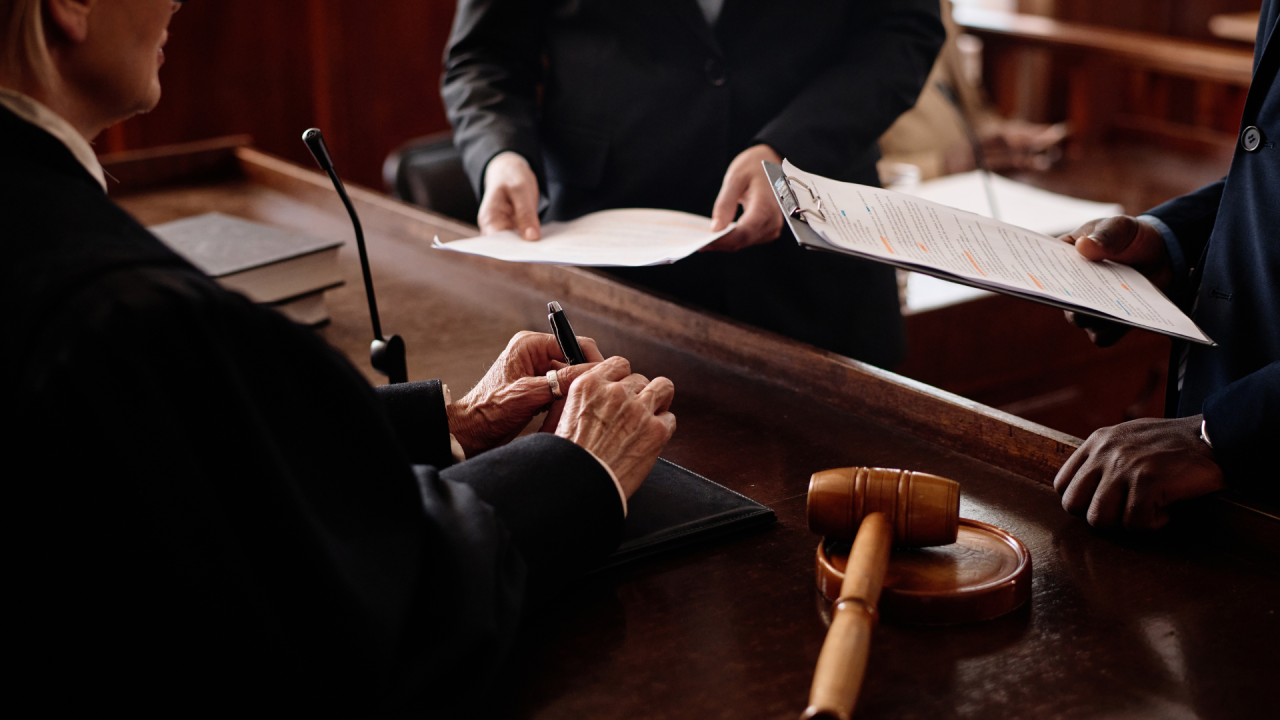An impaired refusal charge in Washington is a serious matter. It means the state believes you were impaired while operating a vehicle and that you refused to submit to a breath or blood test after your arrest. Even without chemical test results, prosecutors can move forward using other types of evidence.
Many drivers are surprised to learn that refusing a test does not prevent a DUI conviction. In fact, it creates additional legal issues, including possible license suspension and the use of your refusal as evidence in court.
If you’re facing this charge, here’s what you need to know and how a defense attorney can help.
What the State Can Use as Evidence
Refusing a chemical test does not stop the prosecution from building a case. Instead, the state may rely more heavily on the officer’s observations and field sobriety test results. They can argue that signs like slurred speech, the smell of alcohol, poor coordination, and erratic driving are enough to prove impairment.
The refusal itself may be used to suggest that you were trying to hide your level of intoxication. Jurors often hear this as part of the narrative during trial, unless a defense attorney successfully moves to exclude it.
Without a test result, the prosecution must lean on circumstantial evidence—but that doesn’t make the case any less serious.
Challenging the Traffic Stop and Arrest
Your defense may begin with the stop itself. If the officer did not have a valid reason to pull you over, any evidence gathered afterward may be inadmissible in court. This could include everything from the field sobriety tests to your refusal.
Even if the stop was legal, your attorney will examine how the officer handled the arrest. Washington law requires that officers clearly explain your rights and the consequences of refusing a test. If this advisement was skipped or given incorrectly, your refusal might not be used against you.
These types of procedural errors can make a significant difference in the outcome of your case.
License Suspension: The Administrative Side
Refusing a chemical test triggers an automatic administrative process through the Washington State Department of Licensing. You have only seven days from the date of your arrest to request a hearing to challenge your license suspension.
This hearing is separate from the criminal case, but it’s just as important. If you fail to act quickly, you could lose your license even if your criminal case is later dismissed.
An attorney can represent you at this hearing, present evidence, cross-examine the arresting officer, and argue why your license should not be suspended.
Building a Personalized Defense
Impaired refusal cases are complex, and the best defense depends on the details. A good attorney will review body camera footage, arrest reports, dispatch logs, and any available witness statements.
They’ll also consider whether medical conditions, fatigue, or other external factors may have caused you to appear impaired when you were not. Anxiety, head injuries, and even certain medications can influence coordination and speech.
If your refusal was based on confusion, fear, or a misunderstanding of your rights, that may also be relevant to your defense.
Take Action Now
If you’ve been charged with impaired refusal in Washington, time is not on your side. The earlier you involve a lawyer, the more options you may have.
Scott Lawrence at the Snohomish Law Group understands the challenges these cases present and can help you prepare a strong legal strategy for both court and the Department of Licensing.
Visit our contact page to schedule a confidential consultation and take the first step toward protecting your rights.
Disclaimer: This post is for informational purposes only and does not constitute legal advice.




